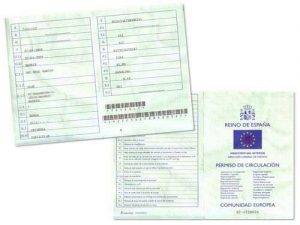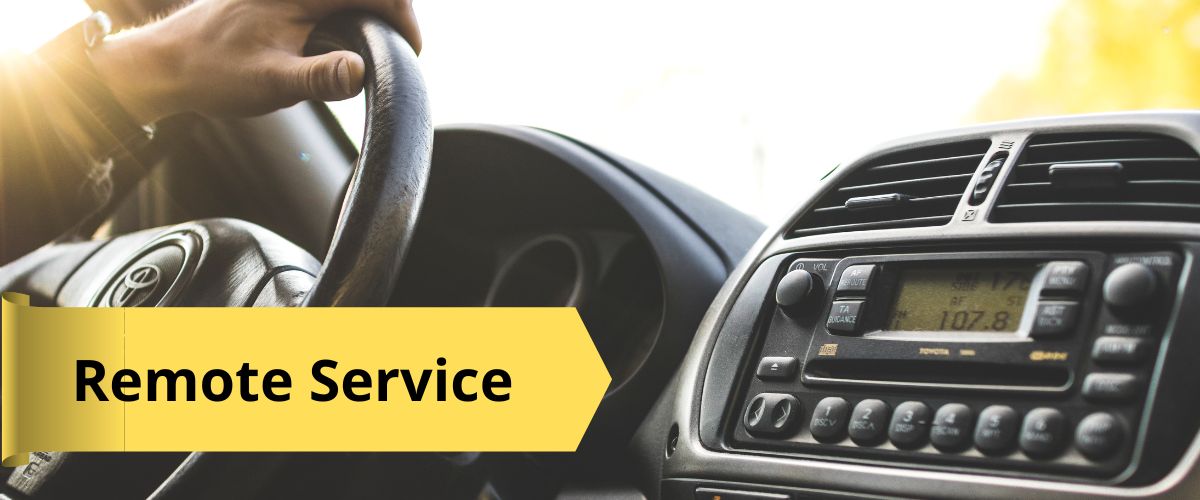Simplified Process to Register a Foreign Vehicle in Spain for Expats
Simplified Process to Register a Foreign Vehicle in Spain for Expats
Blog Article
Typical Obstacles Encountered During Foreign Car Registrations and Exactly How to Get rid of Them
Browsing the intricacies of foreign vehicle registrations can be a complicated task, fraught with difficulties that vary significantly across territories. Issues such as decoding local policies, getting rid of language obstacles in crucial documents, and reconciling discrepancies in vehicle specifications frequently occur. Recognizing tax obligation ramifications and compliance with safety criteria can better make complex the process. By analyzing effective strategies to resolve these barriers, individuals can better place themselves for a smoother enrollment experience. The concern remains: what specific actions can be taken to reduce these usual challenges?

Recognizing Neighborhood Laws
Browsing the complexities of foreign lorry registration begins with a detailed understanding of neighborhood policies. Each country has its certain legislations and requirements regulating the registration of lorries, which can vary dramatically from one territory to another (Register a foreign Vehicle in Spain). It is critical for international vehicle proprietors to familiarize themselves with these laws to guarantee conformity and prevent possible fines or lawful problems

In addition, some jurisdictions mandate lorry assessments to ascertain conformity with local safety and security and emissions criteria. This might demand modifications to the lorry before it can be legitimately registered. Involving with local authorities or speaking with lawful experts can give clarity on these guidelines.
Language Barriers in Paperwork
Language obstacles pose considerable challenges when it concerns the documents required for foreign lorry registration. Numerous people encounter problems in recognizing the specific demands detailed in local policies, as these papers are often published in the official language of the host nation. False impressions can lead to the submission of inaccurate or insufficient documentation, resulting in delays or denial of registration.
Moreover, crucial documents, such as title deeds, proof of possession, and insurance coverage plans, might not have easily offered translations - Register a foreign Vehicle in Spain. This can create confusion for foreign car proprietors that are not familiar with the neighborhood terms and lawful lingo. Therefore, browsing the enrollment procedure comes to be difficult, often requiring additional time and effort to ensure compliance
To mitigate these issues, it is advisable for foreign vehicle proprietors to look for specialist translation solutions or seek advice from regional professionals who can assist in understanding the requisite documents. In addition, federal government companies may offer multilingual resources or standards to assist in the enrollment process. Proactively addressing language obstacles can simplify the enrollment experience, guaranteeing that all required documents are properly prepared and submitted based on regional policies.
Car Requirements Disparities

Experiencing lorry specification disparities can create considerable difficulties for foreign lorry owners throughout the enrollment process. These inconsistencies often develop from distinctions in manufacturing requirements, dimension units, and regulative needs in between the vehicle's country of beginning and the host nation. A lorry that meets safety and discharges standards in one country may not line up with the requirements needed for enrollment in an additional, leading to hold-ups or straight-out rejections.
To overcome these challenges, it is important for you could try these out international automobile proprietors to perform detailed research before initiating the enrollment procedure. This consists of recognizing the details needs established by the neighborhood authorities, such as safety and security criteria, exhausts degrees, and any type of required adjustments. Engaging with a professional service specializing in international lorry enrollment can likewise offer important insights and assistance in browsing these disparities.
Paperwork plays an essential role, so ensuring that all technological requirements and adjustments are precisely reflected in the documentation can minimize problems. Additionally, keeping open interaction with regional registration authorities can give clearness on any possible disparities, enabling for timely resolution and effective registration of the lorry.
Browsing Tax Needs
Comprehending the tax demands connected with international automobile registration is crucial for owners looking to abide by local laws. Each jurisdiction has details tax commitments that need to be fulfilled before a vehicle can be lawfully signed up. These may consist of import responsibilities, value-added tax obligations (VAT), and yearly vehicle tax obligations, which can differ considerably relying on the car's beginning, value, and specs.
To browse these tax demands effectively, car proprietors should begin by looking into the particular tax obligations relevant in their area. Consulting with local tax obligation authorities or a tax obligation professional with experience in foreign lorry registrations can offer clearness on the procedure and possible liabilities.
Additionally, it is crucial to maintain extensive documents of the automobile's purchase and any kind of settlements made, as this will certainly be necessary for tax obligation computations and prospective audits. Owners need to likewise be conscious of any deadlines associated with tax repayments to stay clear of penalties or delays in registration.
Assessment and Conformity Issues
Regularly dealing with evaluation and compliance issues is important for owners of foreign cars seeking to register them in a new jurisdiction. Each region has distinctive laws regarding vehicle safety and security, exhausts, and alterations, which can posture substantial obstacles for owners unknown with local standards. Recognizing these needs is vital to prevent delays and added expenses.
One typical issue emerges when international cars do not meet the host look at here territory's security and emissions criteria. Proprietors should proactively validate that their automobiles follow local guidelines, which may entail adjustments or obtaining essential paperwork from manufacturers. In addition, numerous territories need a comprehensive examination by a licensed center, which can result in further issues if the vehicle falls short to meet given criteria.
To browse these challenges, owners can consult regional lorry registration authorities or look for support from specialists familiar with the enrollment procedure. Preparing all required documents in advancement, consisting of previous evaluation reports and proof of conformity, can streamline the registration procedure. Ultimately, complete prep work and awareness of assessment needs can considerably improve the chance of a successful foreign automobile enrollment.
Conclusion
In summary, the process of international lorry registration entails different difficulties, consisting of understanding of local policies, language barriers in paperwork, inconsistencies in lorry requirements, browse around here navigation of tax requirements, and evaluation and compliance problems. Attending to these obstacles demands attentive study, application of professional translation services, and assessment with regional authorities. Engaging specialized services can guarantee adherence to security and discharges requirements, eventually helping with a smoother registration process and compliance with all relevant obligations.
Report this page